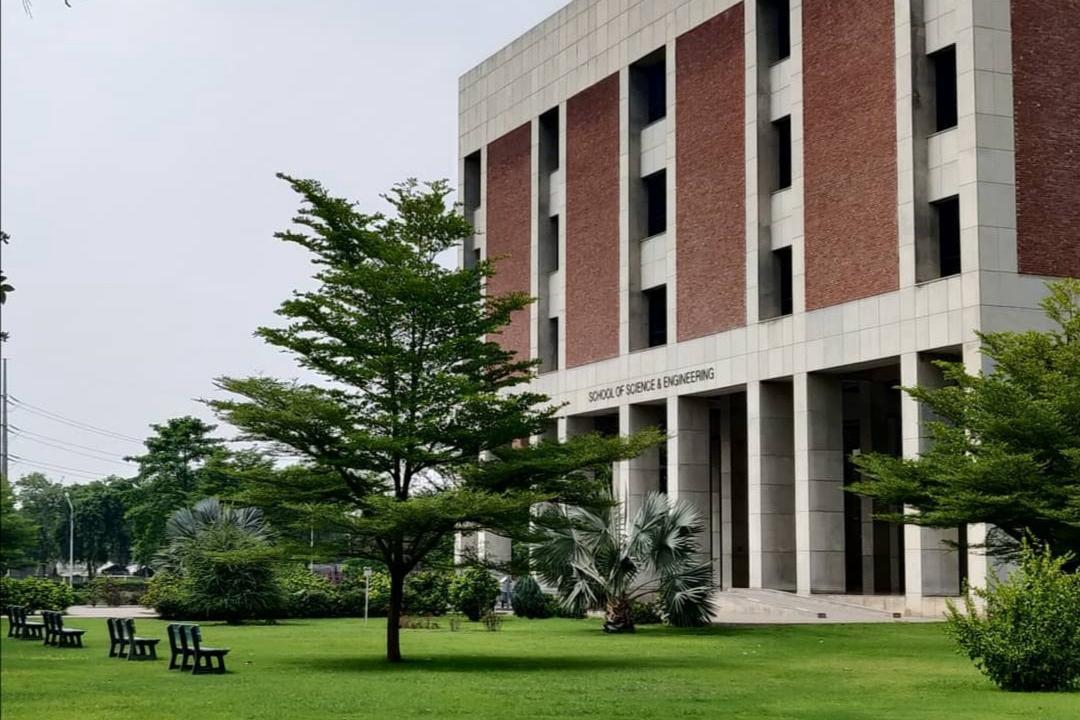
Event date:
Feb
24
2021
11:00 am
Evaluation of Distributed DC Microgrids from Efficiency Perspective
Supervisor
Dr. Hassan Abbas Khan
Student
Abdur Raheem
Venue
Zoom Meetings (Online)
Event
MS Synopsis defense
Abstract
According to the International Energy Agency (IEA), there are approximately 800 million people with no access to electricity. Most of these people live in African countries or in the Asian subcontinent and have low per capita GDP. So, building large-scale power projects like constructing dams or high cost environmentally unfriendly thermal plants with large upfront costs are not a viable solution for many regions. Fortunately, these regions have a high solar potential. In addition to solar incorporation with net-metering in urban regions, there is a significant advantage of using solar in off-grid regimes. In the off-grid scenario, distributed solar generation, distributed storage architecture (DGDSA) for Direct Current Microgrid (DCMG) with peer-to-peer electricity sharing is one of the most optimized architecture from a systems efficiency perspective.
The first part of the thesis is related to the modeling of DGDSA mimics the real-time operation with real-time generation and load profiles. The efficiencies of all the converters involving a) solar buck converter b) bi-directional converter working in buck and boost mode, are evaluated. The second part includes the comparison between the standalone system and grid-connected system with the efficiencies incorporated. In the end loss of load probabilities(LOLP) for both systems are calculated which shows the grid-connected system has an improvement in load provisioning as compared with the standalone system.
The first part of the thesis is related to the modeling of DGDSA mimics the real-time operation with real-time generation and load profiles. The efficiencies of all the converters involving a) solar buck converter b) bi-directional converter working in buck and boost mode, are evaluated. The second part includes the comparison between the standalone system and grid-connected system with the efficiencies incorporated. In the end loss of load probabilities(LOLP) for both systems are calculated which shows the grid-connected system has an improvement in load provisioning as compared with the standalone system.
Zoom Link: https://zoom.us/j/94388106154?pwd=cERwRFNiRzFQSXBVWXpNdWtKVE1VQT09
Meeting ID: 943 8810 6154
Passcode: 383626

